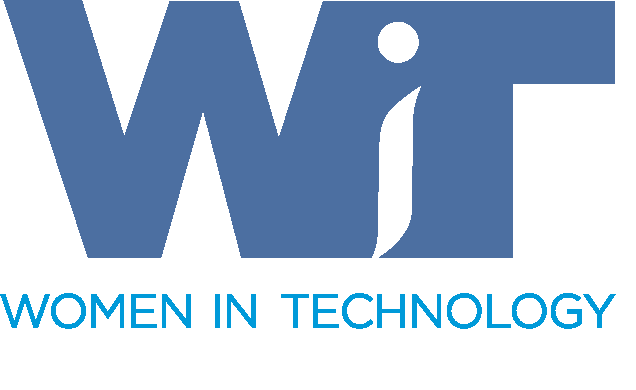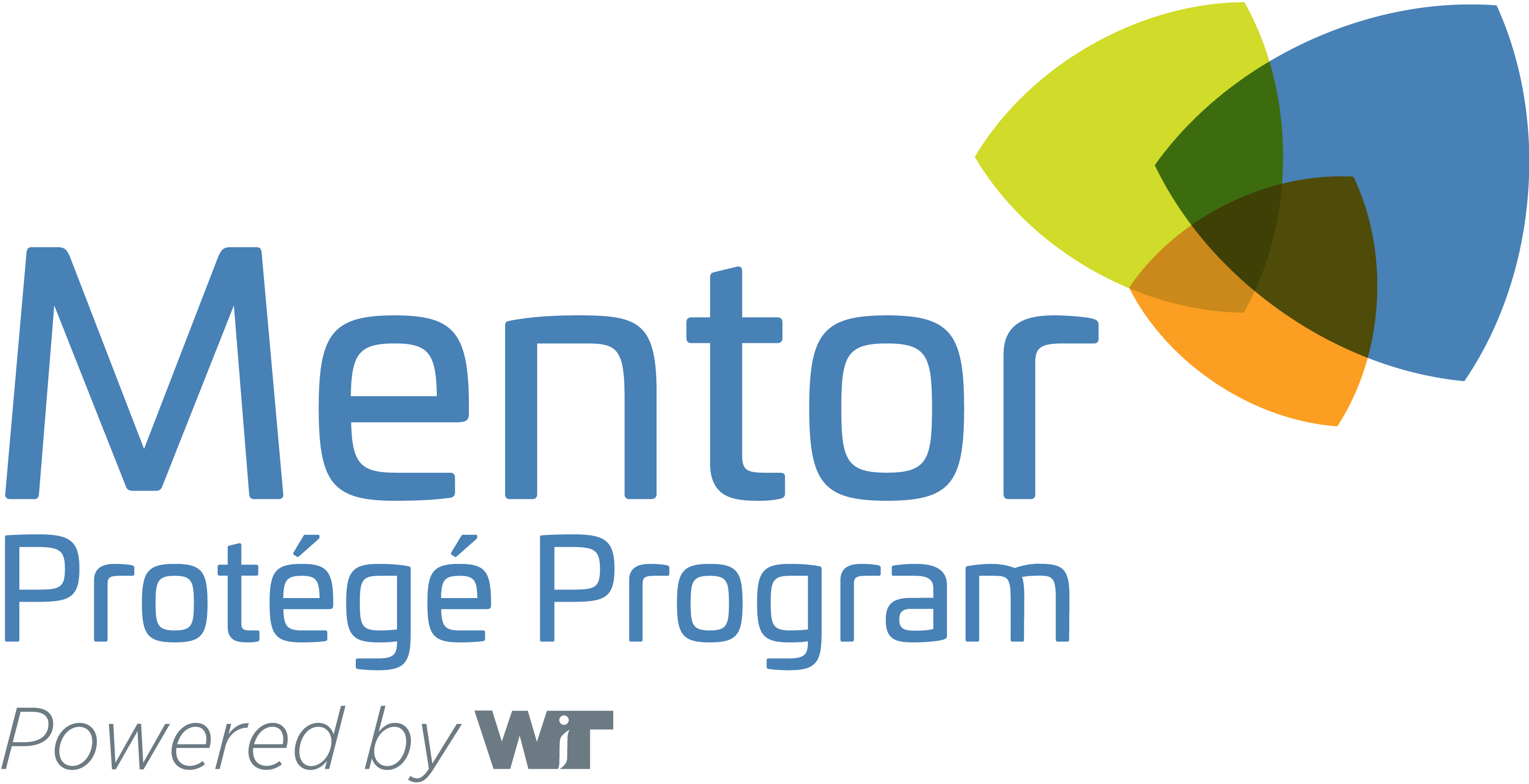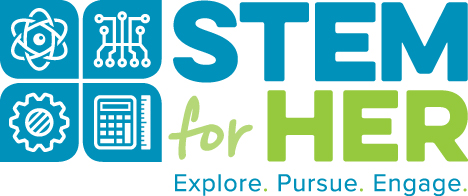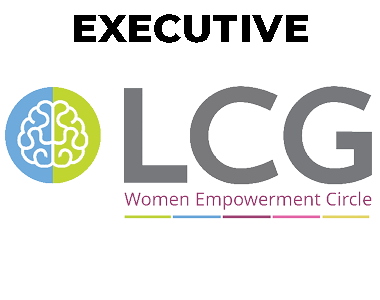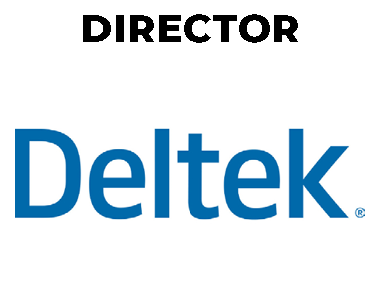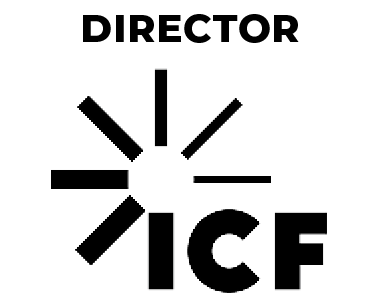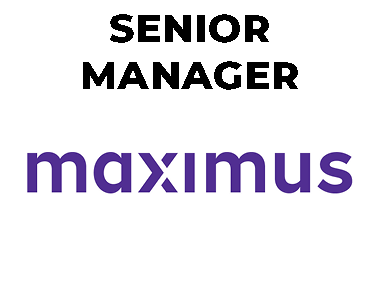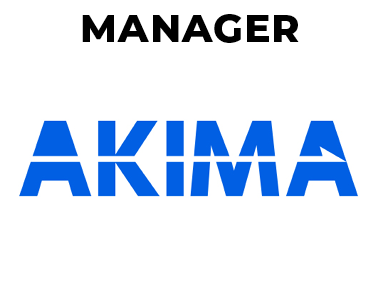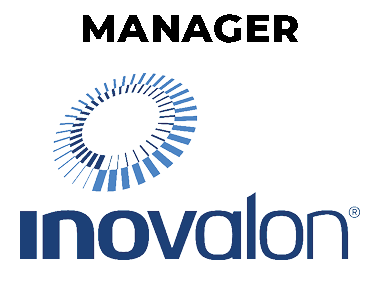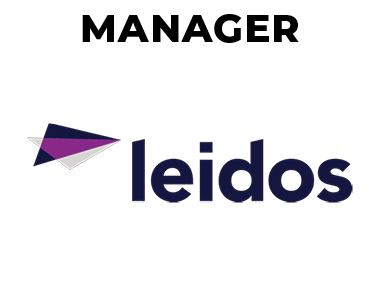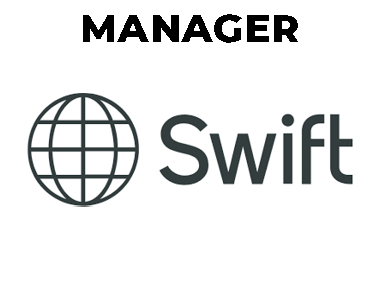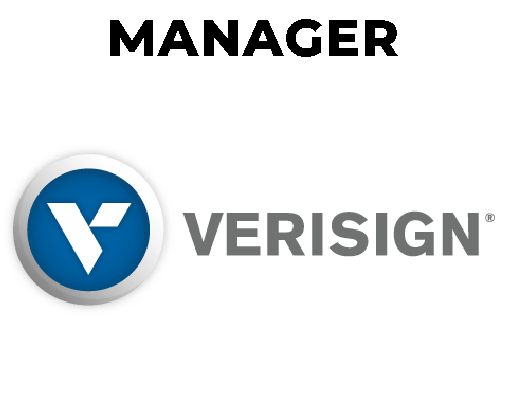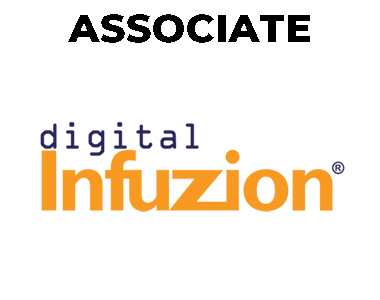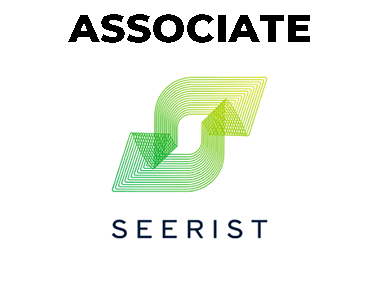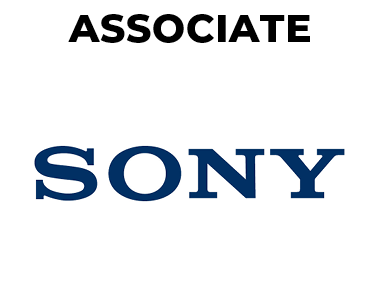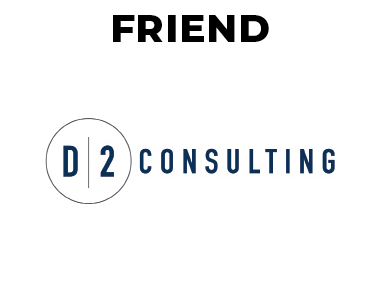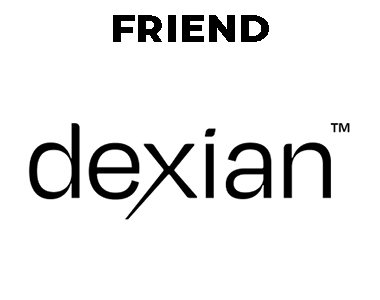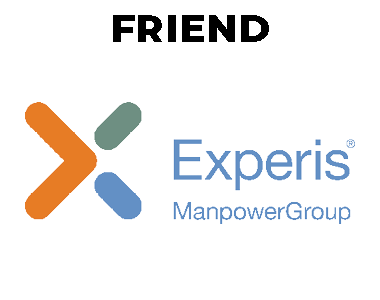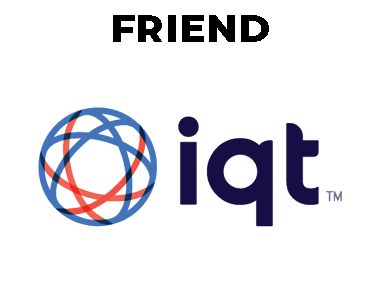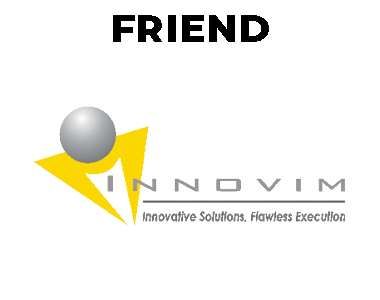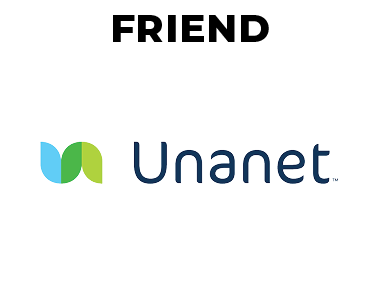On February 20th, Women In Technology (WIT) will welcome Genevieve Morris, Founder of Integral Health Strategies (HIS), and Patty Obermaier, Vice President of U.S. Health and Life Sciences Organization at Microsoft, for a discussion on the state of technology in healthcare. In advance of our event, we asked Genevieve and Patty to share some of their thoughts on the topic with the following Q&A.
1. What is the most innovative health improving technology you know of?
Patty: I see a vast opportunity with Artificial Intelligence in health. From drawing insights from wearables to make use of the indices captured to predict depression, mood, or disease, to advancing digital therapy with Xbox for physical therapy, AI is opening doors to innovations we have not been able to accomplish before. AI can help drive more accurate diagnoses and provide both individual and population insights in order to reduce health inequities. To address health equity, we need to understand community health, population health, and public health data. We can predict compliance around taking medications, showing up for injected medications, or making appointments, all based on various factors in their environment. The largest predictive factor of health is your zip code, and paired with AI, could help us all deliver better care.
2. In ten years, when it comes to Health IT, what will we shake our heads and think: What were they thinking in 2020?Genevieve: I suspect it’s going to be the free for all of patient data that we’re actively creating. I think we’ll look back with regret and be able to trace increasing healthcare costs and inundation of ads to our healthcare data being shared with “big data.” Innovation is fantastic, and I love technology innovations, but not at the expense of privacy. I think in 2020 we’ll have figured out a way (hopefully) to have privacy and technological innovation simultaneously.
Patty: I believe we will look back and wonder how patient records were isolated to episodes of care, particular to specific institutions, instead of a lifelong record. As the landscape for medical records moves towards longitudinal, or generational, records, both patients and clinicians will be better informed to provide personalized care. Longitudinal Medical Records (LMR’s) will improve our ability and accuracy around identifying and determining chronic diseases, enabling highly personalized genomics, and allow us to prescriptively monitor potential diseases. Currently, we follow generic baseline recommendations instead of personalized averages to flag potential health risks. Generational data will explain patterns of health and disease based on where individuals’ genes come from.
3. What is the most interesting trend for 2020?Genevieve: Blockchain – just kidding. I believe it’s going to be the increasing use of biometrics within the space for identity management. The cost of biometric “equipment” is decreasing, and companies are coming up with new types of biometrics that address unique healthcare needs (i.e. not wanting to touch a scanner).
Patty: I have no doubt in my mind that the most pertinent trend for this year is the shift to open interoperability for patient records. Microsoft has taken a very clear stance in support of the 21st Century Cures Act, and our Corporate Vice President for Microsoft Healthcare, Peter Lee, recently spoke publicly about Microsoft’s perspective and support in this transition. Patient record accessibility will enable more patient engagement and involvement, as well as improve patient satisfaction. We will see the shift for wellness and care move to more consumer-oriented behavior – the ‘retailization’ for the health industry. Open interoperability will also improve the quality of records as patients themselves will be able to identify clinician errors around their own data. This will push down the price of care, creating a more competitive market as patients will be able to move more freely from different providers. This is a moment of great transformation in an industry that is hungry for innovation and places the focus back on the patient.
4. What made you decide to tackle this subject? How did you get into this field, and why do you stay?Genevieve: My primary focus in health IT has been interoperability. I became passionate about interoperability because of the tremendous impact the lack of interoperability has had on my family. My brother-in-law, like many ended up with an opioid addiction, which started in 2010. This was way before we knew anything about this crisis. I saw him bounce around EDs, and it took more than a year for any of us to realize he was drug seeking. The hospitals didn’t realize it either because no data was shared between them. I saw the devastating consequences up close of what happens when data isn’t shared. Throughout my time in health IT, I’ve experienced these effects with various family members and friends, and it keeps me passionate about fixing these issues.
